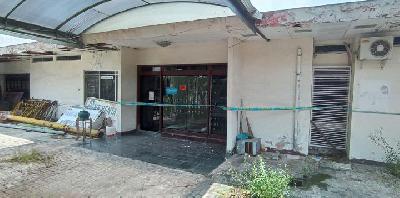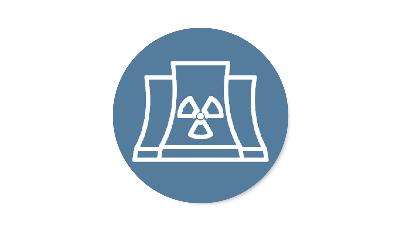The Catchall Article of ITE Law
Monday, February 1, 2021
A reader writes the problem of ITE Law.
arsip tempo : 171393565493.

The Catchall Article of ITE Law
IN Law No. 11/2008 on information and electronic transactions (ITE), as already amended by Law No. 19/2016 on the amendment to Law No. 11/2008, the elements of deliberateness and unlawfulness (no right) always appear in the formulation of acts of cybercrime.
“Unlawful” means having no legitimate legal basis to perform a relevant act. The basis of lawfulness can originate in legislation, a
...
Subscribe to continue reading.
We craft news with stories.
 For the benefits of subscribing to Digital Tempo, See More
For the benefits of subscribing to Digital Tempo, See More











